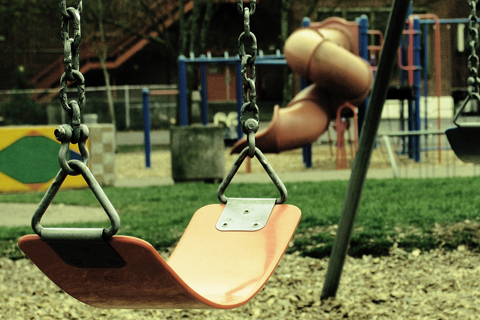Do I sue the school or the teacher for child abuse at school?

When an abuse survivor contacts us about the possibility of recovering compensation due to sexual, physical and/or psychological abuse at school, they will often think that they will be suing the individual teacher or staff member who abused them. In fact, historical abuse survivors will actually sue the school and not the teacher or staff member personally. In the case of public schools in Australia, they will sue the relevant state or territory Government where the abuse occurred. In the case of private schools, they will sue the entity that ran the school; for example, the Catholic Church.
You can learn more about the compensation options for survivors of abuse in our earlier blogs:
Why do we sue the school for abuse compensation and not the teacher personally?
The most important reason, in the vast majority of cases, that the perpetrator of the abuse at school is not sued personally is money. A payment of lump sum compensation is the only legal relief in civil proceedings that an abuse survivor can pursue for the very significant impact of the abuse they suffered as a child.
Of course, perpetrators can be prosecuted criminally, and abuse survivors can participate in restorative justice. Both these courses of action can provide a survivor with a sense of justice being done finally for the abuse they suffered many years ago. But in the end, the only financial relief that a Court can order is the payment of a (usually quite large) sum of money to a survivor of child abuse.
Getting back to the topic at hand. Because money is the only legal relief available to a survivor who wants to take civil legal action, the most important thing to consider is the best way to achieve optimum results and maximum compensation. And it is in this important regard that in the vast majority of cases, the teacher, or staff member themselves will not be personally sued as, ordinarily, they will not be in a financial position to pay the compensation you deserve.
When an abuse survivor approaches a lawyer to find out if they have a legal claim for the abuse they suffered as a child, it is the lawyer’s primary job to immediately consider what might be the best way to go about it. This necessarily involves consideration of
-
the circumstances of the abuse;
-
where and when the abuse occurred;
-
the impact the abuse has had upon the survivor’s life; and
-
who might then be legally responsible for paying any compensation/damages to the survivor.
The reason why it’s critical for the lawyer to determine who might be legally responsible for paying the actual compensation/damages is that there is no point in pursuing a complex and costly legal action (legal costs and emotional for the abuse survivor) if the defendant isn’t financially able to pay the survivor anything even if the survivor wins their case.
Indeed, it is for this very reason that Courts have developed the law of what’s called “vicariously liability”. It is a complex legal term, but probably one the more important ones to apply to cases involving child sex abuse suffered at school.
Vicarious liability and child abuse claims against schools
Vicarious liability essentially means that in the case of schools, the entity who runs the school (the state or territory government in the case of all public schools) is ultimately legally responsible for the wrongs committed by its teachers/staff members.
This is very much a simplified summary of what “vicarious liability” is, but it’s enough of an explanation for abuse survivors to appreciate the reason why they won’t be suing the actual teacher/staff member who perpetrated the abuse against them. Any compensation awarded by the Court (or a negotiated settlement between the parties before the need to go to Court) will therefore be paid by the entity which controlled/owned the school when the abuse occurred.
Schools may seek to recoup money from perpetrators
The fact that abuse compensation is paid by the school doesn’t necessarily mean that the perpetrator will get off “scot free”. The school entity will usually conduct its own investigations into the abuse. They will investigate if the teacher/staff member is still alive and if they are, whether they might have enough money (or significant assets like a home or other properties, shares, etc) such that they can seek an “indemnity or contribution” from the (usually) former teacher/staff member. Any amount the school can recoup from the teacher/staff member can be used to offset the compensation that the school is ordered to pay the survivor.
Vicarious liability laws ensure survivors of child abuse at schools receive compensation
Without this important legal cover, the vast majority of abuse survivors would not be able to bring a claim for damages/compensation. In most circumstances, it would be a waste of time and legal costs incurred by a survivor to chase the teacher/staff member who abused them if that teacher/staff member just declares bankruptcy because they simply don’t have anywhere near enough money (or assets) to pay any award the survivor would have received from the Court.
Get help from a lawyer experienced in abuse compensation claims
If you’re a survivor of child abuse, whether that be at a school, church, sporting club or any other institution, the important thing is to get legal advice from lawyers who are experienced in recovering the significant compensation that survivors of child sexual or physical abuse deserve.
Find this article useful or interesting?
You may also like to read:
Contacting IM Lawyers
This article is of a general nature and should not be relied upon as legal advice. If you require further information, advice or assistance for your specific circumstances, please contact IM Lawyers.

